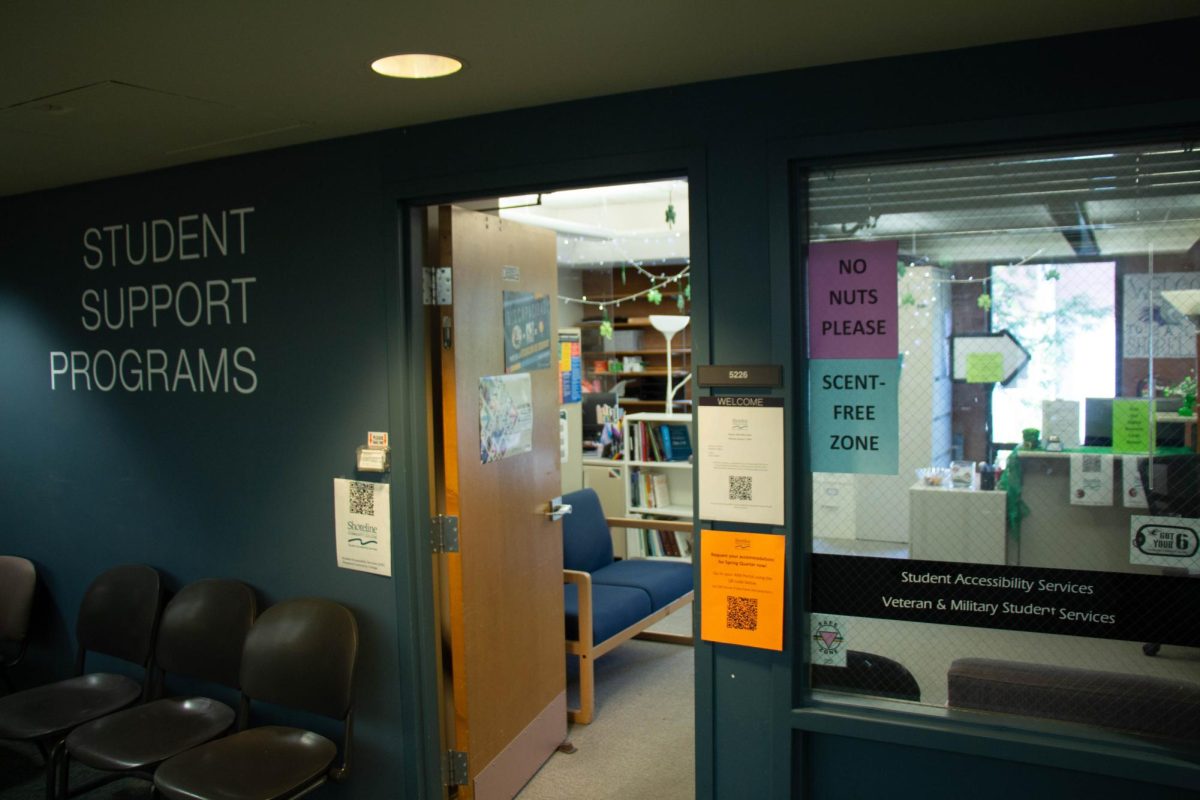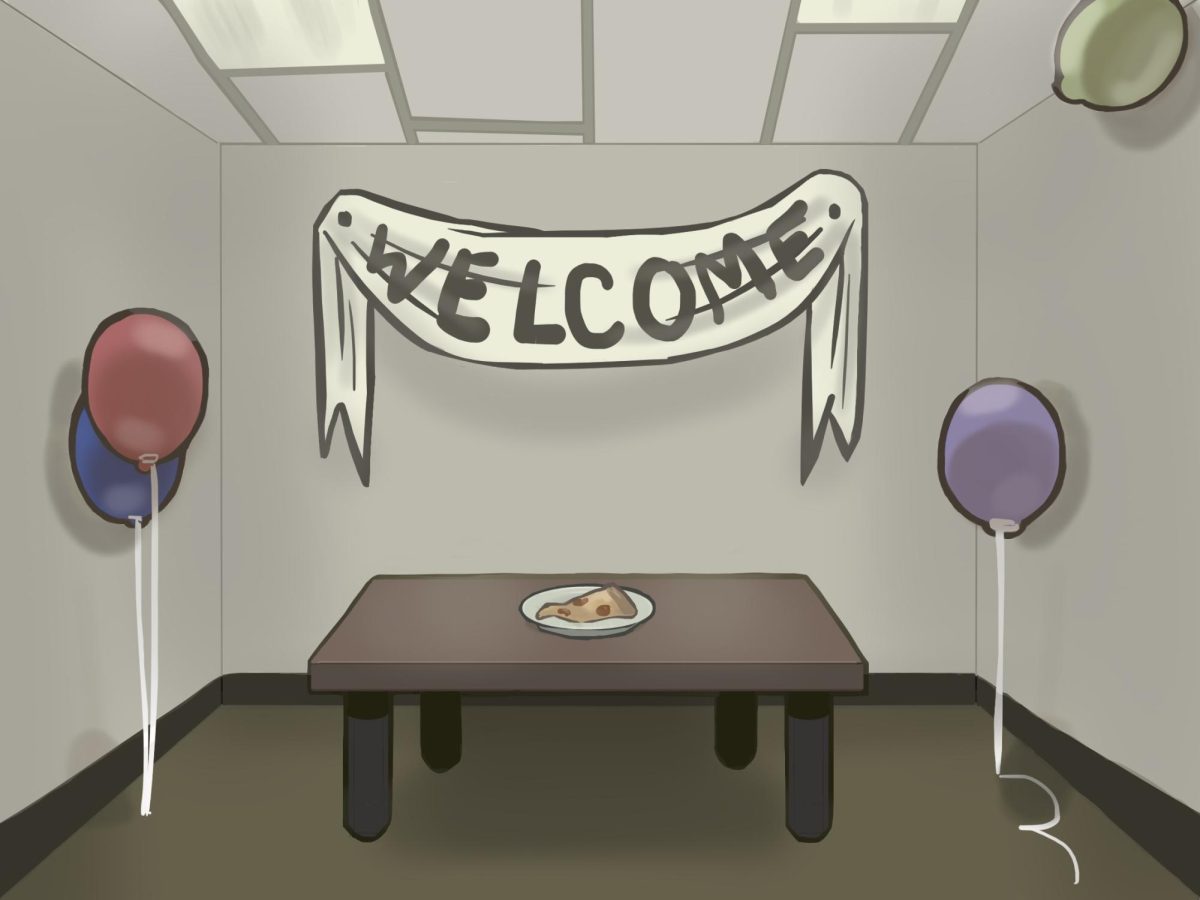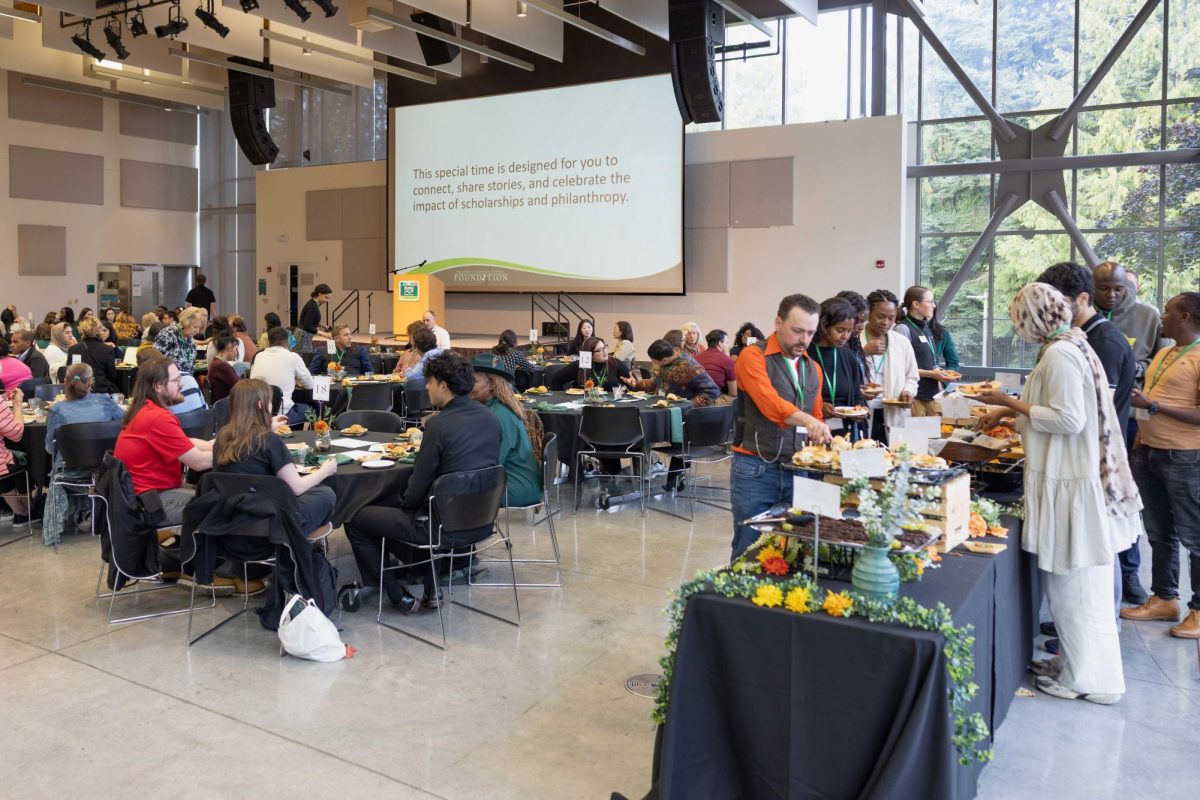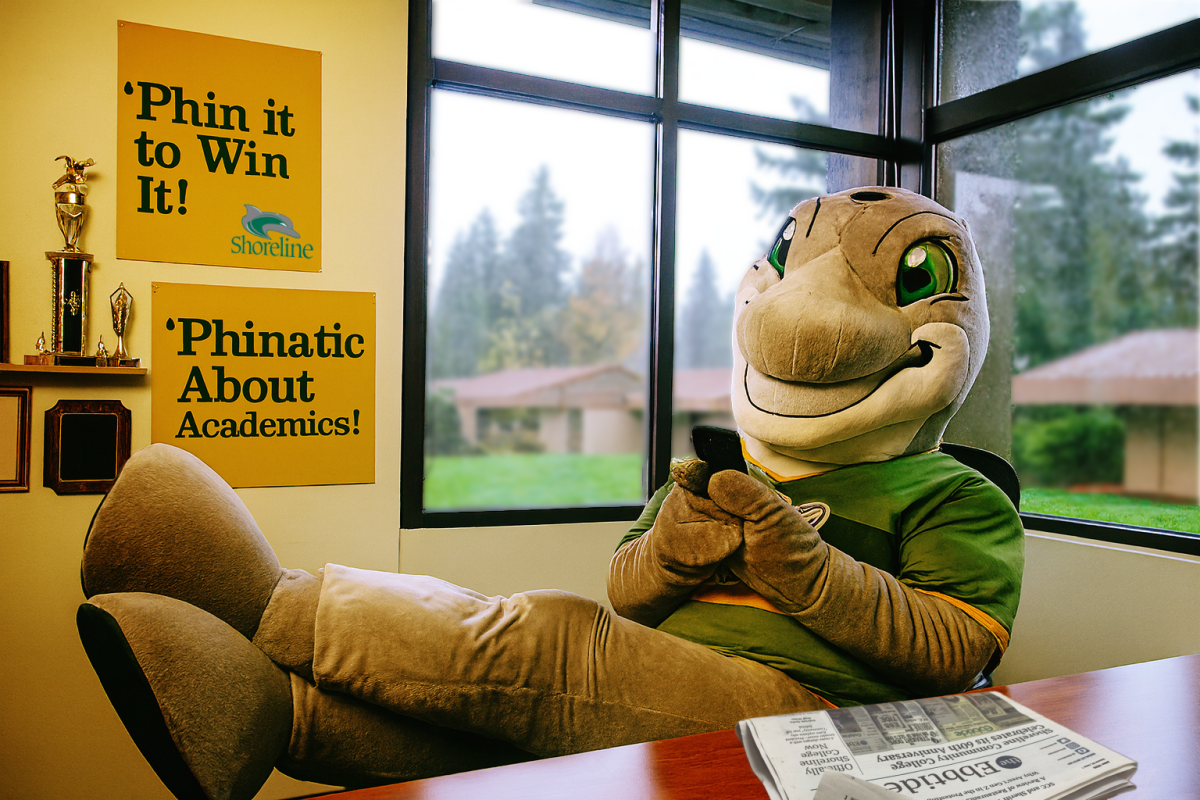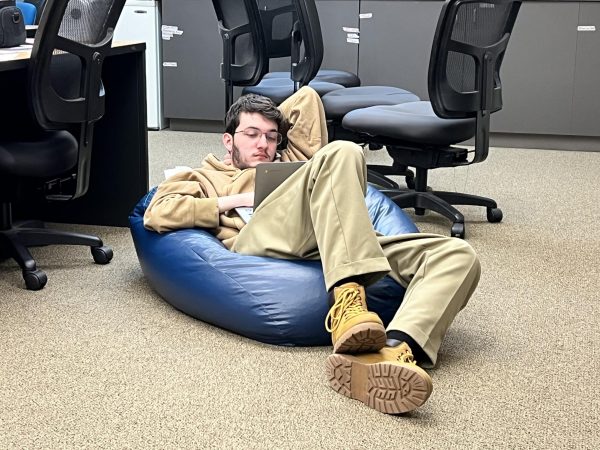A little-known room sits just beyond the cashier desk in the FOSS 5000 building, which could provide support for a wide range of students. At the Student Accessibility Services Center students can be screened for disabilities that range from the mental to the physical, and granted a host of accommodations. Taking approximately 15 minutes to fill out a form in the office could be the gateway to increased academic success; as extensions, increased test time, private testing locations, software for note taking, among other provisions, can be added to a student’s tool belt.
Many students may be surprised that they fall within the scope of accessibility services or that they exist at all. “I do hear from quite a few students that when they do make their way here, they didn’t know that we were around. I wish there was more awareness,” said Supervising Access Specialist Miranda Levy. Even if these support systems are there, many students feel like it is not for them as there is still stigma around claiming that one has a mental or physical disability. This can extend beyond extreme cases into ones that pertain to anxiety and depression which impact a large portion of students on campus.
Levy explains that in the majority of cases students don’t need to provide documentation. “We are constantly trying to improve and remove barriers for students,” said Levy. Students typically can be screened in under two weeks. Accommodations are completely confidential, last for the quarter, and can be renewed when new classes are taken on. “If a student is going into this and they’re like, ‘I don’t know what accommodations I need. I don’t really know what to say,’ that’s fine, because that’s our job. It’s our job to find that kind of stuff out,” Levy said. She has been working on integrating with different advisors on campus to create a funnel for students who may require accessibility services.
If a student is unable to make it into the office, the alternative of reaching out to a teacher to inform them of personal issues impeding academic performance could still prove fruitful. Many teachers are understanding when it comes to academic challenges and will make the effort to help get students back on track if notified. The level of support they provide is up to their discretion, whereas accommodations would be guaranteed by the accessibility office once granted. Teachers understand the importance of supporting students in need and are often willing to provide additional assistance and resources to ensure their success.
Typically it is more beneficial for students who are unsure to come in and talk with the accessibility center than to suffer by going without extra support. Accessibility services are safety nets that don’t necessarily need to be used and can be discontinued at any time. In some cases evaluations may reveal that there is not a current use case for accommodations but that does not prevent students from coming in and getting reassessed at a later date. “If this is a reasonable accommodation… I am legally required to give it to you,” said Levy, urging those that may be requiring assistance to not be afraid when expressing their needs while visiting the office.
The following are some additional links to articles written by Levy, as well as additional resources that provide more information about accessibility topics.
Celebrating Women’s Health and Disabilities with the Accessibility Advisory Committee
Winter is Coming…Do you know about Seasonal Affective Disorder?
SCC Day at a Glance Tag: Accessibility
Accessibility Advisory Committee YouTube Channel
ADA National Network


